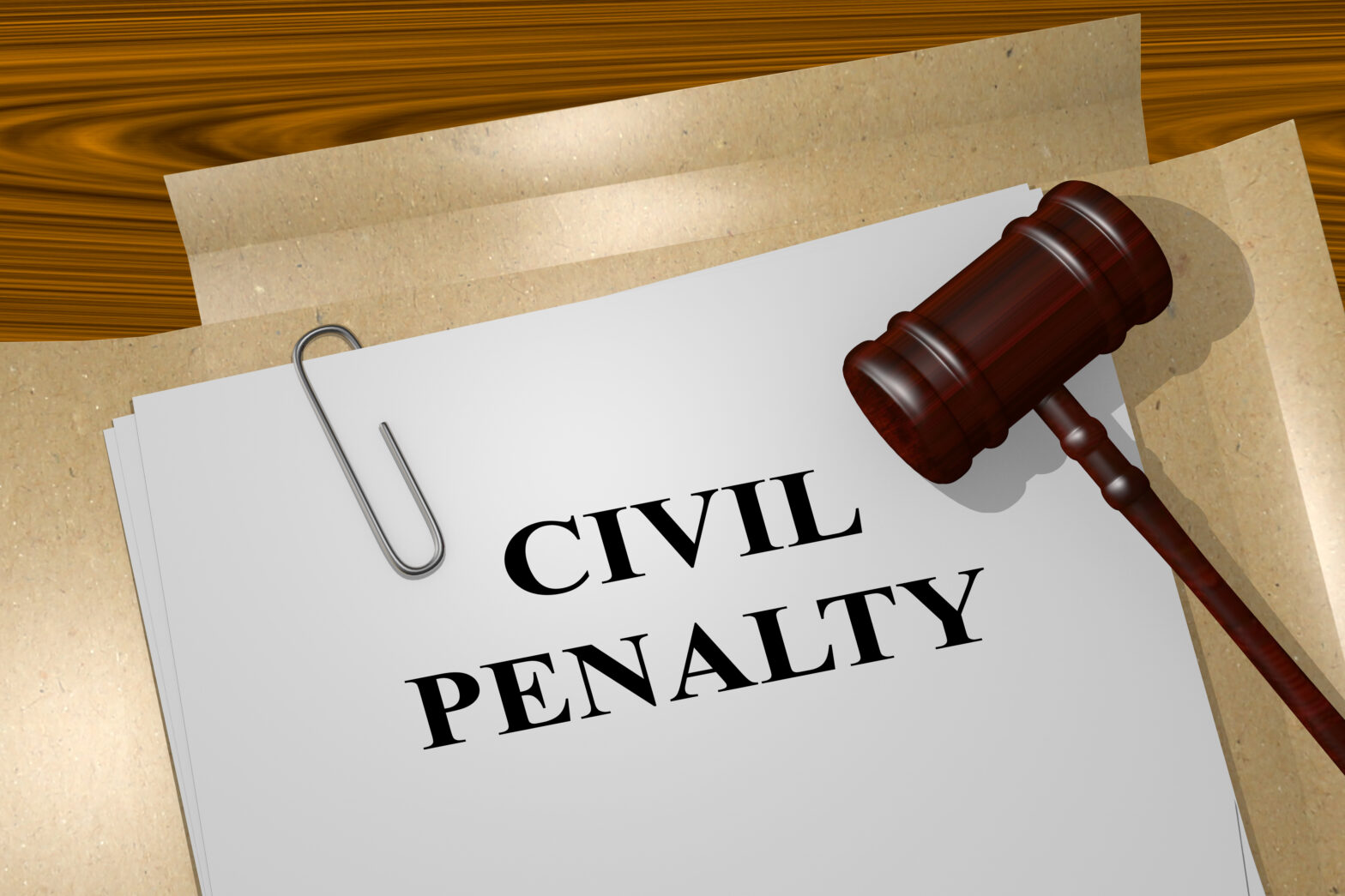RIDGEWAY V. RIDGEWAY Life insurance litigation can be controlled by both state court and federal principles. In Florida a Trial Court Order in some circumstances has no effect on federal entitlement to life insurance benefits. This rule was most clearly set forth in the US Supreme Court case of Ridgeway v. Ridgeway (102 S. Ct.… Continue reading LIFE INSURANCE LITIGATION – FEDERAL SUPREMACY CLAUSE CONSIDERATIONS
LIFE INSURANCE LITIGATION – FEDERAL SUPREMACY CLAUSE CONSIDERATIONS































